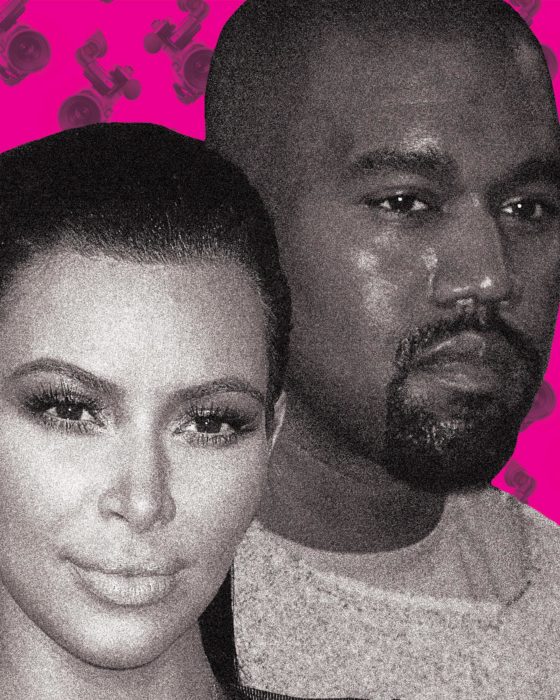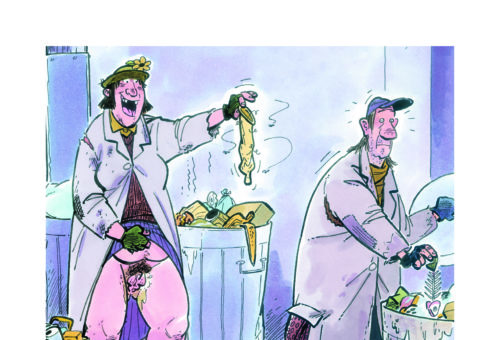“America has become a cruel and vicious place. We reward the shallowest, the dumbest, the meanest and the loudest. We no longer have any common sense of decency. No sense of shame. There is no right and wrong. The worst qualities in people are looked up to and celebrated. Lying and spreading fear is fine as long as you make money doing it. We’ve become a nation of slogan-saying, bile-spewing hatemongers. We’ve lost our kindness. We’ve lost our soul.”
—FRANK MURDOCH, GOD BLESS AMERICA
Empathy, sympathy, care and passion are swiftly becoming things of the past. Right-wing politics are on the rise. Xenophobia, hatred and division have grown stronger than ever, and emptiness is lauded, provided it’s packaged correctly. Currently six corporations control 90% of American media, and 21st century celebrities and public figures appear to be a constant celebration of all that is vacuous, meanspirited and utterly self-absorbed.
Take contemporary pop music for instance. Writing for the investigative website Anti-Media, journalist Claire Bernish spoke of the relentless dumbing down of popular culture. She references a study by Andrew Powell-Morse of SeatSmart, in which the chart-topping songs across popular genres were analyzed for lyrical intelligence over the course of a decade. The results will be of no surprise to anyone who thinks the Billboard Hot 100 doesn’t sound so hot these days: “Ten years ago, the most popular songs read between a third- and fourth-grade level, but the inanity only increased with time, and after a five-year downward tumble ending in 2014 (the last year of the study), chart-topping hits had a reading level equivalent to second or third grade.”
Thanks to the deconstruction of lyrical dexterity, the public are singing along with songs crafted for kiddies; yet they can’t get enough. But it would be simplistic to focus solely on current pop songs. It’s when we delve into the culture of the past 15 years that an increasingly sinister pattern appears.
Celebrity is not a solid concept. It’s a constantly changing state. Alan Moore (V for Vendetta, Watchmen), a writer who has been consistently accurate in his societal observations, believes that a certain type of fame manifested with the “massive surges in communication” that occurred in the 20th century. Moore believes fame replaced all other options “as the element of choice of adventure for young people” and gives the following analogy: “If you were a dashing young man in the 19th century, you would probably have wanted to run away to sea, just as in the 20th century you might decide that you want to run away and form a pop band. The difference is that in the 19th century…you would have at least some understanding of the element that you were dealing with, and would have, perhaps, say, learned to swim. The thing is that there is no manual for how to cope with fame. So you’ll get some otherwise likeable young person who has done one good comic book, one good film or one good record, who is suddenly told that they are a genius, who believes it. [They] run out laughing and splashing into the billows of celebrity and [their] heroin-sodden corpse is washed up a few weeks later in the shallows of the tabloid.”































